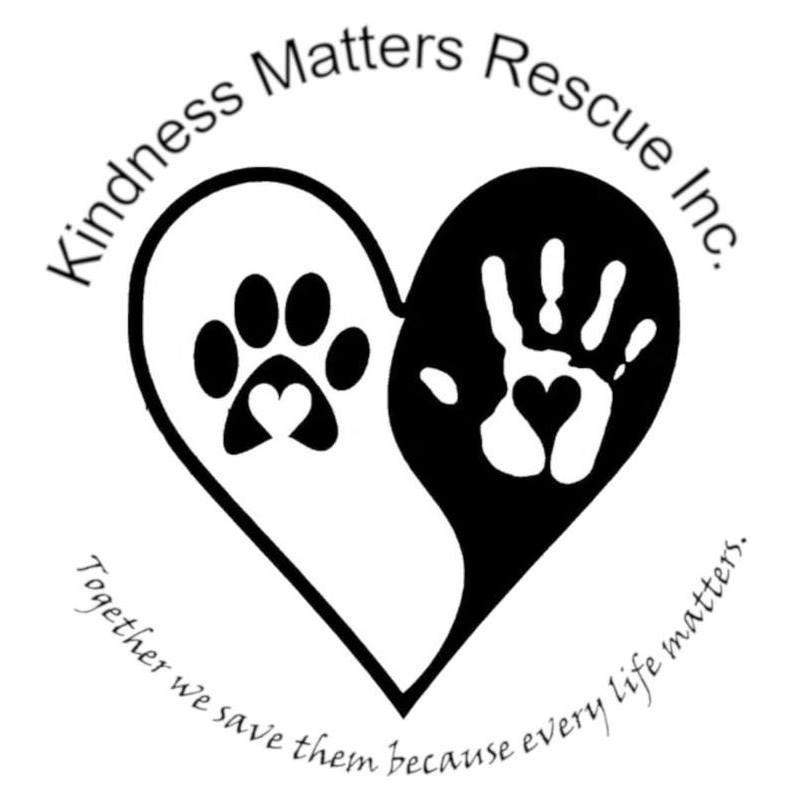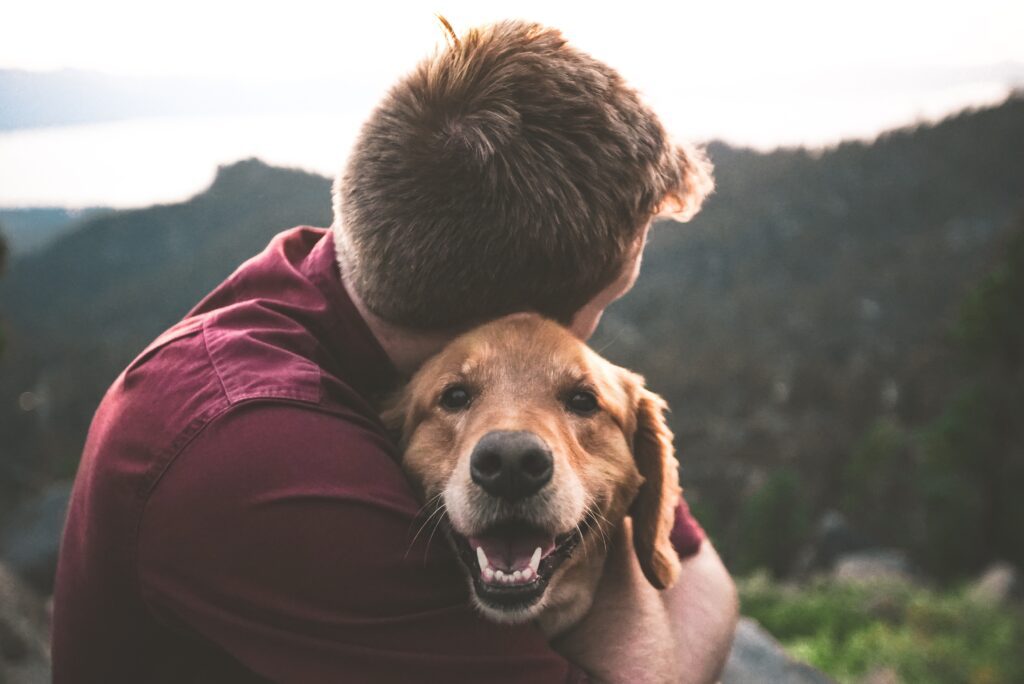Considerations for Adopting a Dog Adopting a dog is a big decision that requires careful consideration. This blog post will outline some important factors to think about before bringing a furry friend into your home. Dogs: Time and Commitment When it comes to owning a dog, one of the most important factors to consider is the amount of time and commitment required. Dogs are not just pets; they are members of the family that need daily care, attention, and interaction. Before bringing a dog into your life, it’s crucial to understand the level of dedication and responsibility involved. 1. Daily Exercise: Dogs have lots of energy and need regular exercise to stay healthy and happy. This means setting aside time every day for walks, playtime, or even trips to the dog park. Depending on the breed and age of your dog, the amount of exercise required can vary, but most dogs need at least 30 minutes to an hour of physical activity. 2. Feeding: Dogs require a consistent and balanced diet to maintain their overall health. It’s important to establish a feeding routine and provide the right amount of food based on their size, age, and activity level. Additionally, some dogs may have specific dietary needs or restrictions, so it’s essential to consult with a veterinarian for guidance. 3. Grooming: Depending on the breed, dogs may require regular grooming to keep their coats clean and healthy. This can include brushing their fur, trimming their nails, cleaning their ears, and bathing them regularly. Grooming sessions not only help maintain their physical appearance but also contribute to their overall well-being. 4. Attention: Dogs crave companionship and thrive on human interaction. They require socialization and mental stimulation to prevent boredom and unwanted behaviors. Spending quality time with your dog, playing games, teaching new tricks, and providing them with affection and attention strengthens the bond between you and your furry friend. 5. Consider your lifestyle: Before committing to a dog, it’s important to assess your schedule and lifestyle. Dogs require consistency, so if you have a busy or unpredictable lifestyle, it may be challenging to meet their needs. Consider factors such as work hours, social activities, and travel commitments to ensure you can provide the necessary care and attention a dog needs. In conclusion, dogs require a significant amount of time and commitment. They rely on their owners for love, care, and attention. By understanding the daily requirements of a dog in terms of exercise, feeding, grooming, and attention, you can ensure a happy and fulfilling life for your furry companion. 2. Financial Responsibility Owning a dog is a rewarding experience, but it also comes with its fair share of financial responsibilities. Before bringing a furry friend into your home, it’s important to consider the ongoing costs associated with dog ownership and make sure you can afford them. Budgeting for Food: One of the basic needs of a dog is food. Depending on the size, breed, and age of your dog, their dietary requirements may vary. It’s essential to provide your dog with a balanced and nutritious diet to ensure their overall health and well-being. Research and calculate the estimated monthly cost of food so that you can include it in your budget. Veterinary Care: Just like humans, dogs need regular medical check-ups to stay healthy. Routine visits to the veterinarian for vaccinations, parasite prevention, and overall health status are necessary. Additionally, unexpected health issues or emergencies can arise, which may require immediate medical attention and can be costly. It’s important to factor in these veterinary expenses when budgeting for your dog. Vaccinations: Vaccinations are crucial for preventing many common and potentially life-threatening diseases in dogs, such as rabies, distemper, and parvovirus. Puppies require a series of vaccinations in their first year, followed by booster shots throughout their lives. These vaccinations protect not only your dog but also other dogs they may come into contact with. Budgeting for these vaccinations is essential to ensure your dog’s health and well-being. Grooming: Regular grooming is necessary for maintaining your dog’s hygiene and appearance. Depending on the breed, your dog may need professional grooming services, including haircuts, nail trims, and ear cleanings. Some dogs also require regular brushing to prevent matting and keep their coat healthy. These grooming expenses should be taken into account when considering the financial aspect of owning a dog. Other Expenses: Dogs require various supplies and accessories, such as bedding, toys, leashes, and collars. These initial costs can add up, so it’s important to budget for them. Additionally, you may need to purchase pet insurance or set aside an emergency fund for unexpected expenses. Owning a dog is a long-term commitment, and financial responsibility is a crucial aspect of that commitment. By carefully considering and budgeting for the ongoing costs associated with dog ownership, you can ensure that you provide your furry companion with the care they need without straining your finances. Space and Environment Dogs are active creatures that require ample space to move around and play. It’s important to consider the size of your living space when deciding to bring a dog into your home. Dogs need enough room to stretch their legs, run, and engage in their natural behaviors. Living in a cramped space can lead to frustration and behavioral issues in dogs. Before bringing a dog home, evaluate your living space to ensure it can comfortably accommodate a dog. If you live in a small apartment, you may want to consider smaller breeds or toy breeds that don’t require a lot of space. These breeds are often more adaptable to living in confined spaces and can thrive in apartments. On the other hand, if you have a large house with a backyard, you have more flexibility in choosing a dog breed. Some larger breeds require more outdoor space to run and play. They have higher energy levels and need more room to burn off their energy. If you have a fenced-in backyard, it can provide a safe and secure space for your dog to exercise and explore. Aside


